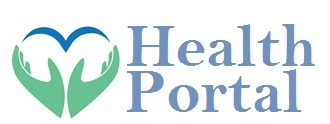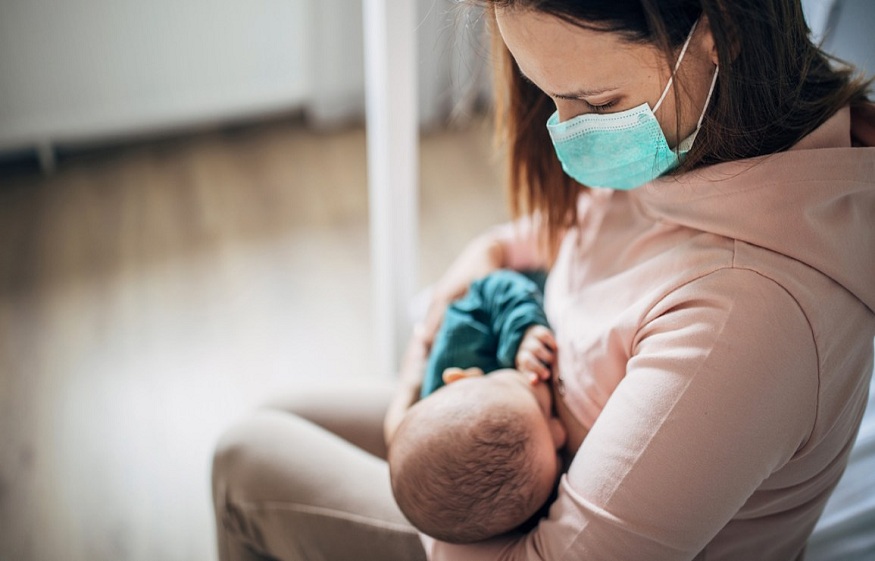Can a woman with COVID-19 pass the infection to her child if she breastfeeds him? Should breastfeeding be stopped if the mother has the SARS-CoV-2 coronavirus? Get advice from the experts.
The new SARS-CoV-2 coronavirus has generated a lot of uncertainty for the population, and mothers who breastfeed their children wonder if breastfeeding poses any risk to their baby and if they should stop doing so. To clarify all your doubts, we have verified what the official sources say and consulted some lactation experts.
The Centers for Disease Control and Prevention (CDC), the United States Department of Health agency, stated at the beginning of the pandemic that they did not have enough information on adverse outcomes in pregnant women with COVID-19. However, they point out that in cases of infection with other coronaviruses (SARS-CoV and MERS-CoV ) during pregnancy, spontaneous abortions and fetal death have been observed.
In addition, a recent study published in The Lancet suggests that there is no evidence that the new coronavirus can be transmitted from mother to baby transplacentally or that it causes serious problems in newborns, but what about breastfeeding? Do you have risks for the breastfed baby? Should breastfeeding be stopped if the mother suffers from this disease? Below we solve the doubts about it.
Should breastfeeding be stopped if the mother has COVID-19?
Organizations such as the Breastfeeding Committee of Pediatrics (AEPED), the World Health Organization (WHO), and UNICEF recall that breastfeeding is the appropriate infant feeding pattern from birth to at least two years of age. It is due to its properties at the nutritional level but also due to the current evidence regarding the role of breastfeeding at the immune level and the physical, cognitive and emotional development of the baby and child.
There are very few occasions in which breastfeeding is contraindicated. Human leukemia virus (HTLV-I), human lymphotropic virus T-II cells, or psychosis, for example, do pose a high risk. It is recommended to carefully analyze the risk-benefit ratio with a health professional trained in breastfeeding in case of doubt.
In the specific case of the coronavirus, from e-lactancia.org, the reference platform in consultation of compatibility of breastfeeding in terms of diseases, treatments, medications, and other substances, they point out that, according to reports from the CDC, it has not been The SARS-CoV-2 coronavirus was detected in breast milk, so it is not recommended to suspend breastfeeding systematically: “taking into account the benefits of breastfeeding and the negligible role of breast milk in the transmission of other viruses respiratory, the mother can continue to breastfeed.”
Recent studies, one of them with the University of Granada’s participation, among 114 mothers with coronavirus and their neonates, have not found transmission of SARS-CoV-2 through breast milk. Therefore, except mothers are being treated with retroviral – which do pass into breast milk – advise continuing breastfeeding even if the mother has COVID-19. Another work in the same line, from California universities, concluded that even when viral RNA was detected in the analyzed milk sample, the coronavirus could not replicate itself and could not cause infection in the breastfed baby.
How can transmission of the coronavirus to the infant be prevented?
Mothers who breastfeed should take all possible precautions to avoid transmitting the virus to the baby: wash their hands before touching the child and wear a face mask, even while breastfeeding, according to the Interim Guide on Breastfeeding for a mother confirmed or suspected for COVID-19 made by the CDC. If breast milk is expressed with a manual or electric breast pump, the CDC recommends that the mother wash her hands before touching the pump and follow the proper cleaning recommendations after each use.
Should a breastfeeding mother be concerned that she may transmit the virus if she has no symptoms but suspects that she might be infected with the virus? José María Paricio responds that breastfeeding mothers should not worry beyond what they would worry about having a cold, so it would be enough to maintain adequate preventive measures.
Is the COVID-19 vaccine safe while breastfeeding?
Another of the doubts of women who have just given birth is whether the COVID-19 vaccine can interfere in any way with breastfeeding. Although vaccine research has not included this group of women in its trials, the Academy of Breastfeeding Medicine (ABM) does not advise stopping breastfeeding because of the vaccine.
As indicated in the ABM: “There is little biological plausibility that the vaccine causes harm, and antibodies against SARS-CoV-2 in milk can protect the breastfed child “, although they explain that it is best to consult with the doctor.

